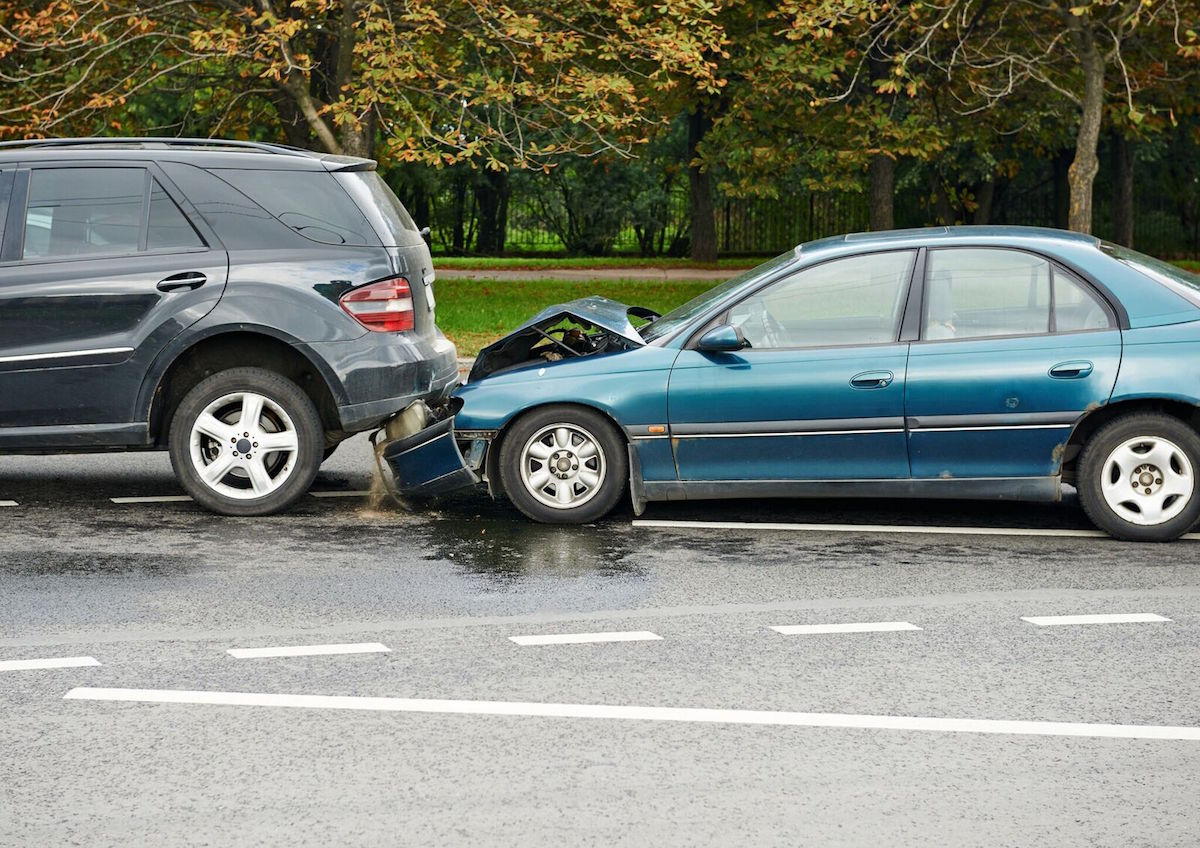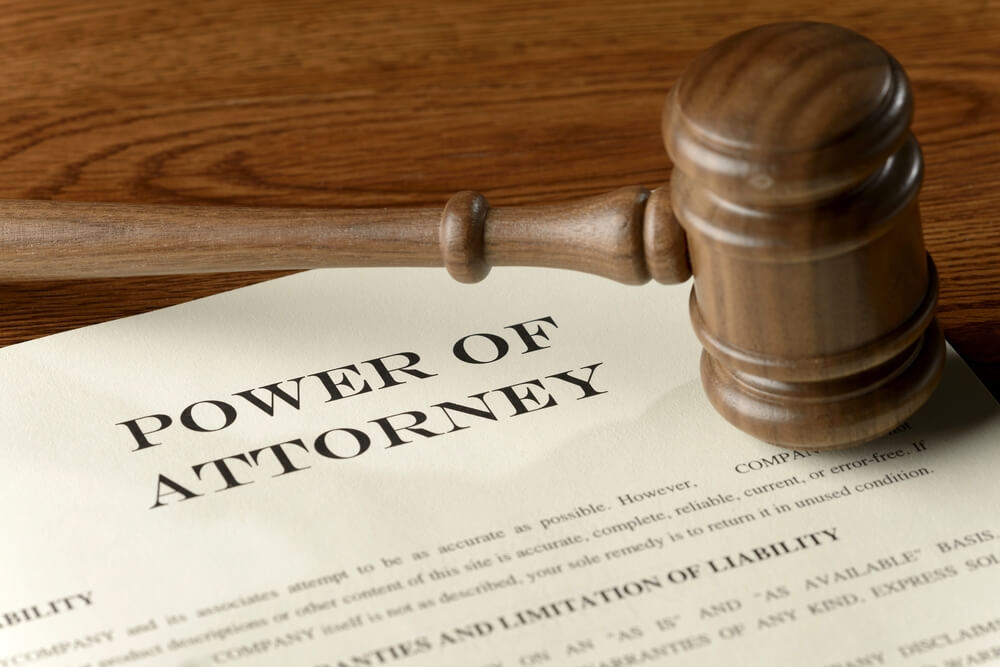In the United States, corporations pay in excess of $20 billion per year to litigation attorneys. An out-of-court settlement happens when two parties to a lawsuit reach a resolution without having to go before the court for a trial.
The settlement will be set forth in a court order that specifies the terms of the agreement, such as the amount of money paid or other actions to be taken. You may be wondering what types of cases can result in settling out of court.
Deciding whether or not to settle a case out of court depends on various factors. When making this determination you need to weigh heavily your attorney’s recommendation. They have the experience in estimating the likelihood of you receiving a more preferable settlement in court.
Table of Contents
Personal Injury Lawsuits Settling Out of Court
About 95% of personal injury lawsuits settle out of court. If your attorney is able to obtain a fair settlement offer for your injuries and damages, that is the more financially sound way to go.
Representation of a personal injury case is done on a contingency contract. That means your attorney fees are paid out of the settlement, generally about 33.3% of the gross settlement, plus costs.
Going to trial will raise your attorney fees due to trial preparation plus time in the trial. The costs will increase because of expenses for expert witnesses, obtaining evidence, deposition fees, and more.
During the discovery phase of the case, both attorneys have access to all accident and medical records. This helps each side evaluate the case for the likelihood of you winning during a trial. Your attorney will advise you on whether you have a chance of increasing your winnings substantially at trial.
Unless the defendant is making a very low-ball offer it makes sense to settle out of court. You will receive payment of your winnings faster without additional expenses, plus you will not have the stress of a trial. This guide provides information on when settling out of court makes sense.
Alternative-Dispute Resolution for Out of Court Settlement
This is a way in which parties of any type of civil dispute may be able to reach a settlement without the expense of a trial. This may allow you to resolve your case at an earlier date.
When you enter into alternative-dispute resolution, both parties have input in reaching a compromise that is agreeable to both sides. The process is a manner of helping opposing parties to work together on finding a resolution to a dispute.
One thing to consider is that in this process there is a lack of discovery. This means there may be underlying facts that are not known and you may be unable to effectively evaluate the strengths and weaknesses of your case.
The positive in a resolution is that there are no appeals. The agreement settles the case.
Why You Should Settle Divorce Out of Court
Settling a divorce case out of court benefits both parties by eliminating the expense of a trial. It also allows both sides to have a voice in all terms of the settlement. It is better for the parties of a divorce to negotiate the division of their personal property, household goods, retirement investments, and real property.
When you proceed to trial, you are allowing a judge to determine what is best for you and your family. You also want to consider the time it takes to go through the entire divorce process.
Every state has a minimum time you must wait between when you file the divorce complaint to when a divorce may be granted. This is generally somewhere between 60 days to 6 months and may vary depending on whether or not there are minor children.
When you reach an out-of-court settlement you reduce the amount of time it takes for completion of the divorce. Waiting for a trial and going through trial preparation will result in additional costs, attorney fees, and lengthen the waiting period for the divorce to be final.
Divorce is a very stressful time, but putting the emotional feelings aside and reaching a resolution usually results in a more preferable outcome.
Settle Criminal Charges Out of Court
When facing criminal charges, whether domestic violence, theft, embezzlement, or more, the risk is always great when proceeding to trial. Unless there is clear and convincing evidence that you are not guilty there is always a risk of a jury or judge finding you guilty.
Generally, when you take a plea it is to a charge that is lower than what your original charge is. This provides you with a lesser sentence and lower fines. If you go to trial and lose, you will be subject to the fullest extent of the law’s punishment for the original crime you were charged with.
Unless your attorney is highly confident in the ability to win at trial, accepting a plea to a lesser charge is a logical choice.
Workers’ Compensation Out of Court Settlements
If you are considering accepting a workers’ compensation settlement you should consult with an attorney prior to signing any agreements. Your attorney will negotiate with the provider to obtain the best settlement package taking into consideration the medical recommendations and your long-term medical needs.
Settlements may result in a lump sum payment, bringing monthly compensation to an end. The settlement may also allow for payments to be made over a period of time. If the settlement is not worthy of the severity of the injury, going to trial may be the better option.
As with any trial, there is always the risk of a negative outcome. If your attorney negotiates a favorable settlement it is always preferable to reduce your legal expenses and accept the settlement.
Using Case Evaluations for Out of Court Settlement
Case evaluations are non-binding and in many civil lawsuits are a requirement of the court. In this process, both parties to a case present their case to a neutral case evaluator or a panel of case evaluators. Each attorney presents their case in a case evaluation summary, which includes the facts of the case and the law that supports their position.
Attorneys submit their case evaluation and supporting evidence prior to the case evaluation date so the evaluators have sufficient time to review them. On the day of the case evaluation, the case evaluator(s) review the evidence and law presented by each side. They then make an assessment on what the decision of a jury or judge will likely be if the matter proceeds to trial.
The parties have a few days to make a decision on whether they accept or deny the case evaluation’s decision. If the parties agree, then the settlement is put into a court order resolving the matter. If either of the parties is not in agreement with the evaluator’s decision, the matter will proceed to trial.
Because this is an excellent way to get an idea of the likely outcome at trial, it is advisable to agree to the settlement unless it is completely out of line with what your attorney believes is obtainable in court.
How to Settle Custody Out of Court
When considering the custody and parenting time for your minor children, you and your ex-spouse are in the best position to make a decision that is reasonable for yourselves and in the best interests of the children.
Many child custody disputes reach a resolution through mediation. This is a process where a mediator meets with both parents and works with them to reach a settlement.
The positive in reaching and accepting a settlement through this process is that you and your ex-spouse will have the ability to impact the decisions made about your child’s living arrangements. A decision made by a judge on parenting time schedules and living arrangements may not work well with you or your child’s schedule.
How to Settle Small Claims Out of Court
Two important facts in using small claims court:
1) attorneys may not appear in small claims court, you must represent yourself, and 2) decisions can not be appealed
If someone sues you in small claims court you must decide whether or not you feel comfortable representing yourself in court. If you are not comfortable handling the matter on your own, you need to hire an attorney.
The attorney will file appropriate paperwork moving the case to a higher court that allows them to appear on your behalf. If you file a claim in small claims court against someone else, they also have the same option of hiring an attorney and moving the case to a higher court.
If you and the other party in a small claims case reach an agreement prior to your court date, you must put the agreement in writing and both sign it. The plaintiff must dismiss the case with the court. If you are the defendant you need to verify the plaintiff put in a dismissal prior to the hearing date.
Decisions made in small claims court cannot be appealed. If you can reach an agreeable settlement outside of court that is preferable. If you are not comfortable representing yourself, consult with an attorney prior to the hearing date.
You Should Settle Out of Court
When settling out of court you resolve the matter much faster than if you take a case to trial. The real bonus to settling out of court is that settlements are not appealable. This means that once you finalize the settlement and it is set into an order neither side may appeal the decision.
Now that you understand the reasons for settling out of court, we invite you to check out our other blogs for more great information.





